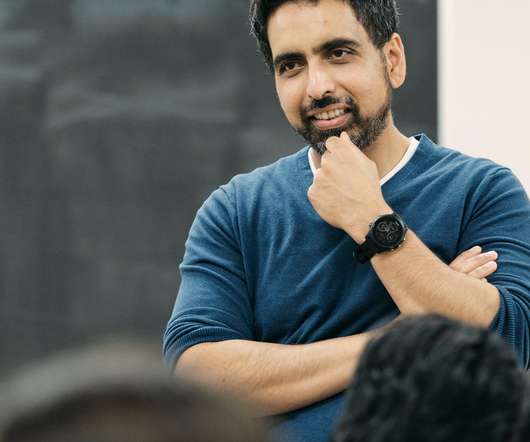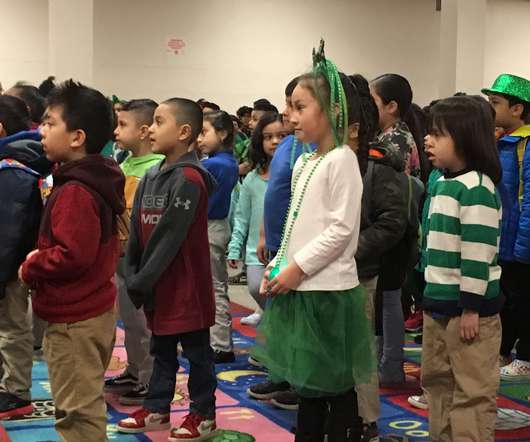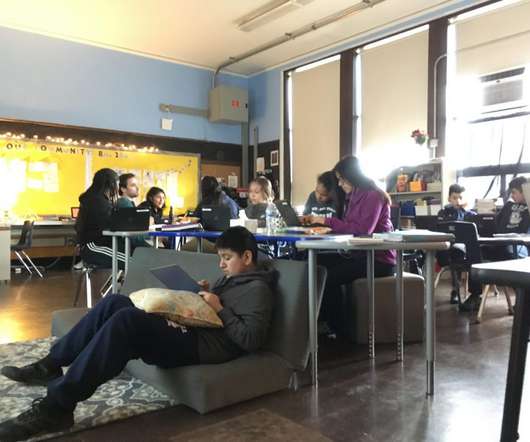Nope! Why adaptive software is not the same as personalized learning
eSchool News
JULY 12, 2017
Sorry, adaptive software is not the same as personalized learning. We all know that changes in public education move slowly, but there’s one specific educational dilemma we’ve been mired in for decades, with varying levels of rhetoric and hand-wringing: How can we maximize individual student achievement with group instruction?















Let's personalize your content